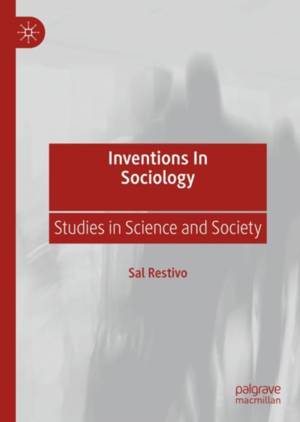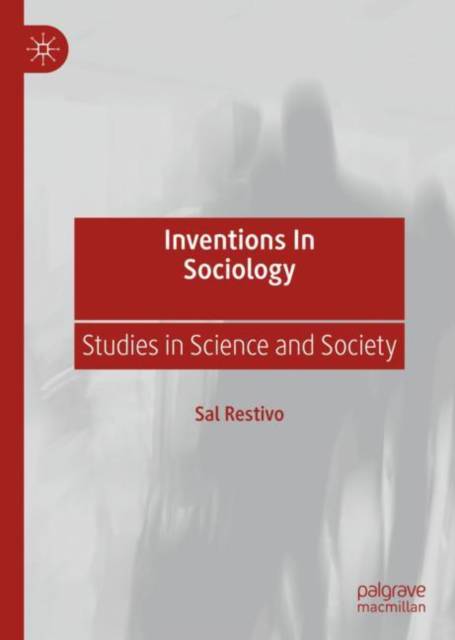
- Afhalen na 1 uur in een winkel met voorraad
- Gratis thuislevering in België vanaf € 30
- Ruim aanbod met 7 miljoen producten
- Afhalen na 1 uur in een winkel met voorraad
- Gratis thuislevering in België vanaf € 30
- Ruim aanbod met 7 miljoen producten
Zoeken
€ 183,45
+ 366 punten
Uitvoering
Omschrijving
This book presents a collection of old and new essays exploring the author's unique contributions to the sociology of science, mathematics, logic, robotics, brain, and god. Known for his defense of a strong social constructionist approach to the hard problems in the sociology of science, the power and range of Restivo's interests and studies are discussed in this unique text. The essays range from his introduction of the sociology of objectivity early in his career to his recent construction of a social brain paradigm. The author situates himself in the context of the leading paradigms in science studies and his relationships with leading figures in the field including Latour, Woolgar, Needham, and D.T. Campbell. The book demonstrates a general theoretical focus on the rejection of transcendence. He rejects Platonism in mathematics and socially situates consciousness, genius, and God. The author's wide ranging interdisciplinary competencies reflect classical and postmodern influences and will be an invaluable reference for researchers working in this field.
Specificaties
Betrokkenen
- Auteur(s):
- Uitgeverij:
Inhoud
- Aantal bladzijden:
- 414
- Taal:
- Engels
Eigenschappen
- Productcode (EAN):
- 9789811681691
- Verschijningsdatum:
- 19/03/2022
- Uitvoering:
- Hardcover
- Formaat:
- Genaaid
- Afmetingen:
- 148 mm x 210 mm
- Gewicht:
- 662 g

Alleen bij Standaard Boekhandel
+ 366 punten op je klantenkaart van Standaard Boekhandel
Beoordelingen
We publiceren alleen reviews die voldoen aan de voorwaarden voor reviews. Bekijk onze voorwaarden voor reviews.











